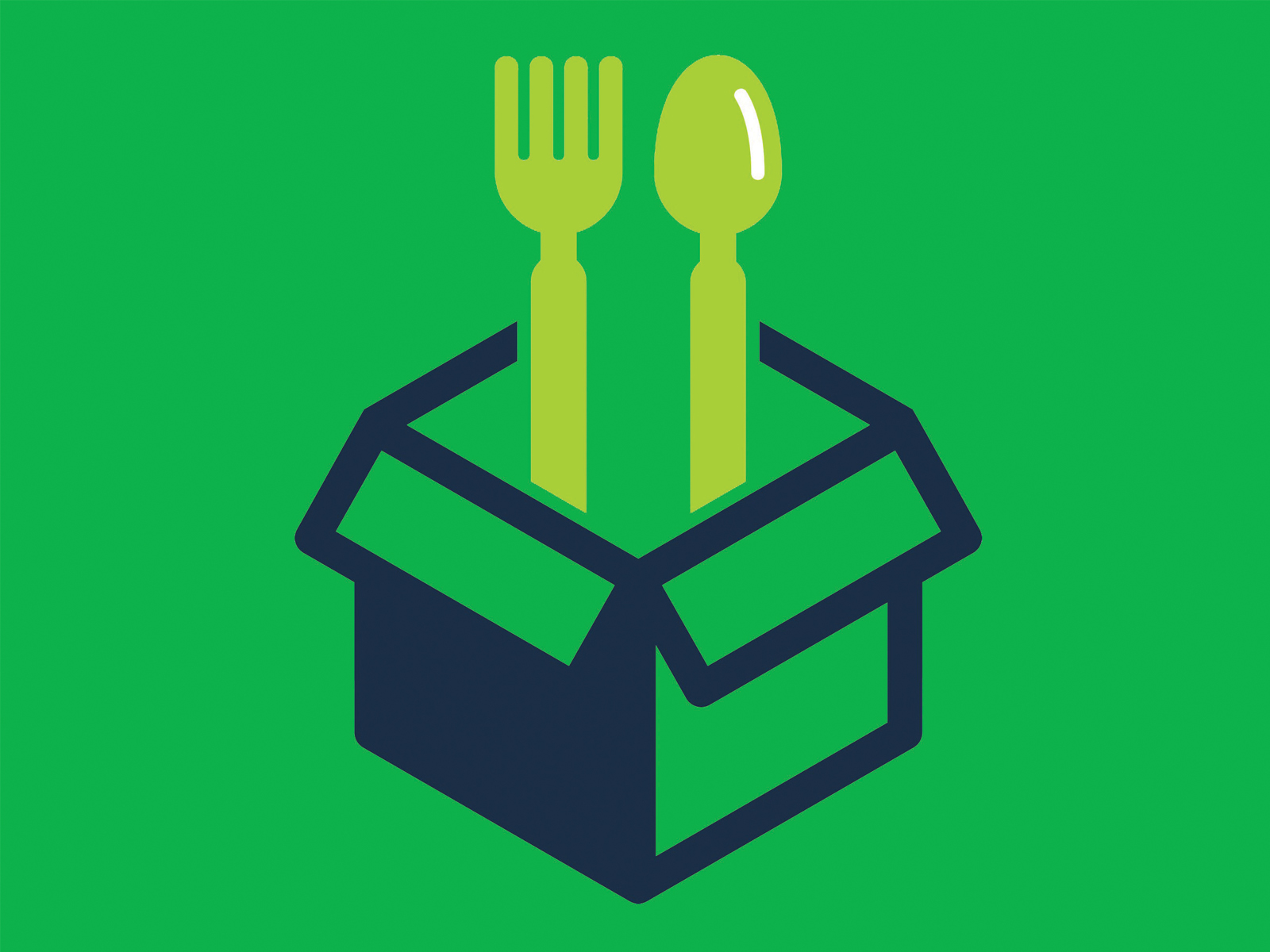Equity in care for 2SLGBTQIA+ communities
2SLGBTQIA+ communities in Canada have fought hard for rights and recognition. In fact, today’s older adults have lived through a number of significant shifts in their rights and freedoms and are among the first to live openly with diverse sexual orientations and/or gender identities in old age. These lived experiences can affect their interactions with healthcare and social service providers in a number of different ways, depending on their age and past experiences.
While today’s older adults may enjoy more rights, structures of colonialism and experiences of oppression in medical systems, workplaces and everyday life continue to influence their experience of aging. There are many ways that aging for this community could be improved, from increased access to identity-affirming healthcare to further investment in community groups, social spaces and intergenerational initiatives. There is growing awareness of the need to address equity, access, and inclusion issues for older adults, and to celebrate their achievements.
Check out The National Resource Centre for more information, research and resources.
Source: 2slgbtqi-aging.ca

Meal boxes shown to reduce food waste
The amount of food wasted by households each year was estimated at 570 million tons in 2019. Studies have shown that food waste accounts for between 6-8% of all the greenhouse gas emissions fueling climate change.
A recent study looked at whether cooking from meal boxes helps reduce food waste. Are people better off outsourcing part of the cooking process with a subscription that sends pre-portioned ingredients in the exact quantities needed for each recipe?
Research suggests that the answer is yes. It was found that households wasted on average 38% less food when they prepared dinner using a meal box compared to when they bought the ingredients from a shop. This was largely due to there being less food left in pots and pans after cooking with a meal box.
Cooking from meal boxes reduced how much food was wasted at dinner by more than a third compared to traditional meals. By providing people with ingredients in amounts tailored to the number of people eating in a household, meal box providers can offer a convenient way to cut waste.
Source: The Conversation

The biggest time-wasters
When looking back, older adults find the biggest time regrets aren’t spending too much time on social media or mismanaging daily tasks. Those are bad habits, but there are bigger time wasters that really get in the way. Fixing these will free up a massive amount of time and energy.
• Not asking for help: As dumb as you might feel asking questions, it’s the fastest way to get an answer.
• Trying to make bad relationships work: Being in a relationship to avoid loneliness or out of fear of losing the person aren’t good reasons to stay.
• Dwelling on your mistakes and shortcomings: Lingering wastes time, diminishes confidence, and keeps you from getting on with your life. Learn from your mistakes, then release the failure.
• Worrying too much about other people: Instead of comparing yourself to others, try understanding why you feel jealous or envious. Then process the emotions or come up with goals for yourself, which is much more productive.
The sooner you realize how these things affect your time, the sooner you can free up your own time.
Source: LifeHacker













